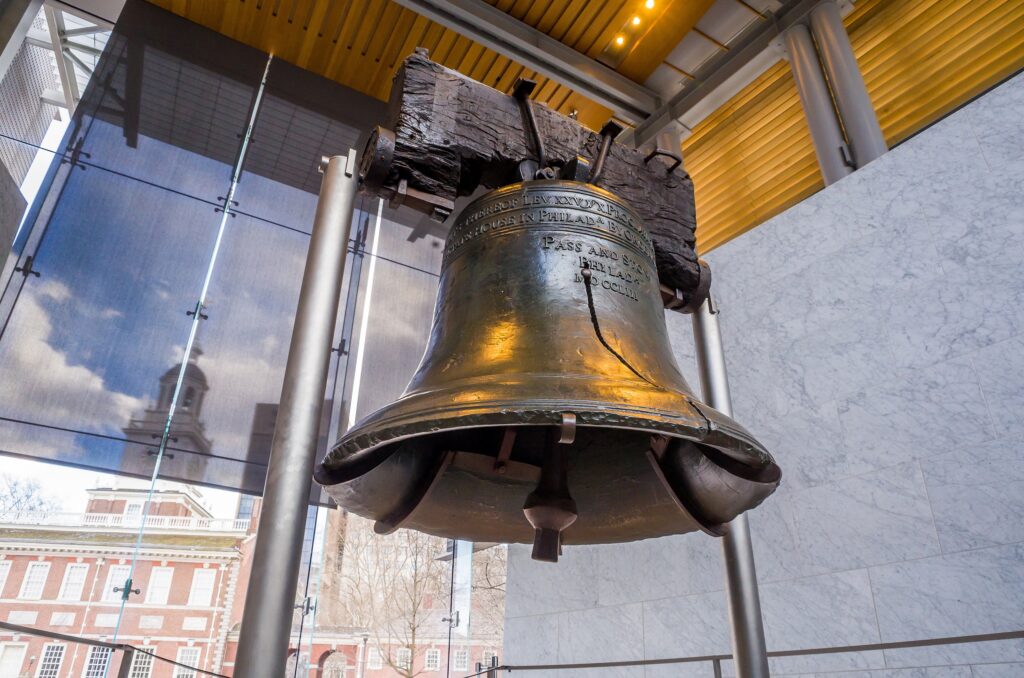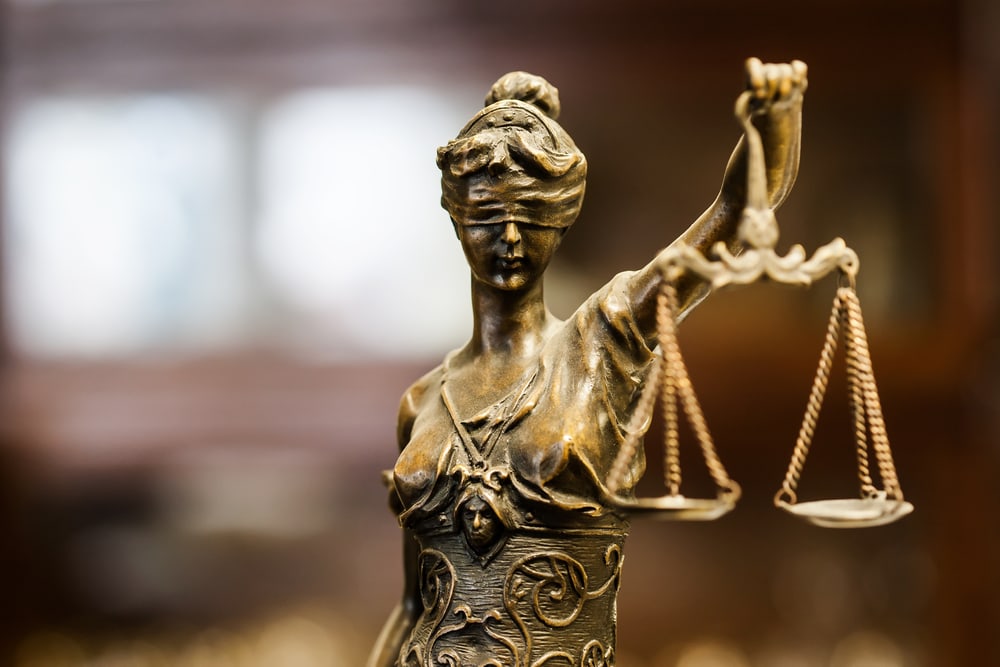There’s a reason Americans can’t all get along, and it isn’t Trump
As much as we need to tone down our rhetoric and behave like adults, Americans are not going to get along, sit around the campfire and sing “Kumbaya.” President Donald Trump didn’t magically turn us into a nation of malcontents. Ever since our founders signed the Declaration of Independence in 1776, we’ve been an unruly bunch.
To put it in a different context, imagine your young daughter hands you a document explaining (1) why you’re a terrible parent and (2) that she’s decided to wing it on her own. If this has actually happened to you, remember it happened to the British first. Authority issues are imbedded in our national DNA.
Why can’t we all just get along in America?
Because we have the liberty to disagree, the passion to exercise it and the wisdom to protect it fervently.
Civic institutions such as governments, religious bodies and families guard our liberties such as the freedom of speech, press and religion. They also ensure those values are passed from one generation to the next.
Families are our most basic communities. They deeply influence our perspectives and behavior. If we want a more gracious society, we need to demonstrate grace at home. Hoping our nation will help people in need? Start by helping others as a family. Dreaming of a future where we are judged by the content of our characters rather than the color of our skin? Make sure your family builds relationships with people who don’t look like you.
This sounds obvious, but we often fail at this most basic level. Posting our ideals on social media is far easier than passing them along to our children. The greatest threat to our future is failing to teach our children the lessons of our past.
Churches, mosques, synagogues and other religious bodies are critical communities of moral accountability across our society. At a minimum, most provide an external set of behavioral expectations and establish important social bedrock. Yes, matters of faith are often a source of passionate disagreement, but they also help us focus on serving others and participate in considerable charitable work.
Like the family, religious engagement contributes to a sense of belonging so desperately needed in a society where individuals increasingly feel socially and politically isolated.
Our various tiers of government in the United States are perhaps the most critical safeguards to our liberty. For many of us, it’s strange to think of governments as essential to liberty, but our nation was founded on that idea. The Declaration of Independence clearly states that governments are created to protect our God-given rights.
At the most fundamental level, governments set the guardrails for our engagement with each other. We agree on a certain process for elections, making laws and a host of other decisions. Even when we hate the results, we support the process. As long as we do that, governments serve as a source of stability in American society.
Building any type of unanimity between more than 320 million Americans is almost impossible. It sometimes happens when we’re attacked as a nation, but thankfully, large-scale attacks are rare.
Common courtesy and mutual respect are virtues worth our pursuit, but our passionate public disagreements are liberty’s beauty mark. We ought to exercise our liberties more responsibly, but we should even be thankful for our rancorous public disagreements. It might not be “Kumbaya,” but the sound of our jarring political barbs is a symphony compared to the cold silence of oppressive conformity.








